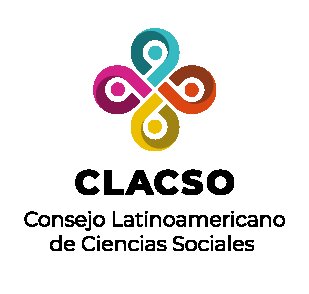Authors
Abstract
Objective. To analyze the degree of commitment of the present society (citizenship) in relation with the humanity to come, especially in regards to the consequences of climate change, from a legal perspective and in the context of the implementation of the sustainable development paradigm. Methodology. This research was conducted from secondary sources of information being inductive analysis from a philosophical legal view the main epistemological construction tool. Results. Based on the incorporation of the principle of sustainable development in the internal regulations of the States, the future society is as important as the present society, reason why a fair legal framework can be established to ensure the satisfaction of needs especially on the urgent call to address the causes and consequences of climate change, given its intra and inter-generational impact. Conclusions. Right is challenged by injustice that hangs over future generations since, given their current absence, are not considered as eligible by the classic civil Law as liable to hold rights. However, there are policy examples to conclude that it is possible that other entities, different from the present humanity, are recognized as legal subjects such as nature and animals are. This challenges the Western legal traditionalism and involves changes of paradigms in the legal systems.
References
Crutzen, P.J. and Stoermer, E.F. (2000). The Anthropocene. Global Change Newsletter, 41, 17-18.
de Sousa Santos, B. (2012). De la mano de Alicia: lo social y lo político en la posmodernidad. Bogotá, Colombia: Siglo del Hombre Editores, Universidad de los Andes.
Durkheim, É. (1987). La división del trabajo social. Madrid, España: Ediciones Akal.
Dworkin, R. (1976). Los derechos en serio. Barcelona, España: Editorial Ariel.
Foucault, M. (1988). El sujeto y el poder. Revista Mexicana de Sociología, 50 (3), 3-20.
Gargarella, R. (2004). Las teorías de la justicia después de Rawls. Barcelona, España: Editorial Paidós.
ONU. (1987). Informe Brundtland. Nuestro futuro común 1987. Nueva York, Estados Unidos: ONU.
IPCC. (2008). Cambio climático. Informe de síntesis 2007. Recuperado de https://www.ipcc.ch/pdf/assessment-report/ar4/syr/ar4_syr_sp.pdf.
PNUD. (2015). Firma del Acuerdo de París sobre el Cambio Climático. Recuperado de http://www.undp.org/content/undp/es/home/presscenter/events/2015/december/COP21-paris-climate-conference.html.
Rawls, J. (1979). Teoría de la justicia. Ciudad de México, México: Fondo de Cultura Económica.
Rodríguez-Becerra, M. (1994). El desarrollo sostenible: ¿utopía o realidad para Colombia? La política ambiental del fin de Siglo. Bogotá, Colombia: Ministerio del Medio Ambiente.
Rosa, E.P. (2002). Equidad intergeneracional y sostenibilidad: las generaciones futuras en la evaluación de políticas y proyectos. Madrid, España: Instituto de Estudios Fiscales.
Saulino, M.F. (2011). Las generaciones futuras y los derechos ambientales. En R. Gargarella (Ed.). La constitución en 2020. Buenos Aires, Argentina: Siglo XXI.
Zagrebelsky, G. (1997). El derecho dúctil: ley, derechos, justicia. Madrid, España: Trotta.

 PDF (Español)
PDF (Español)
 FLIP
FLIP




























